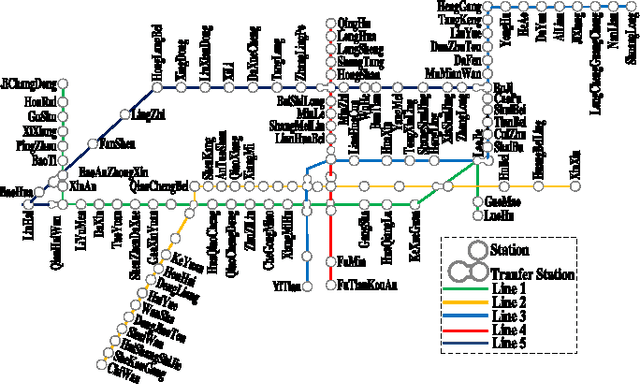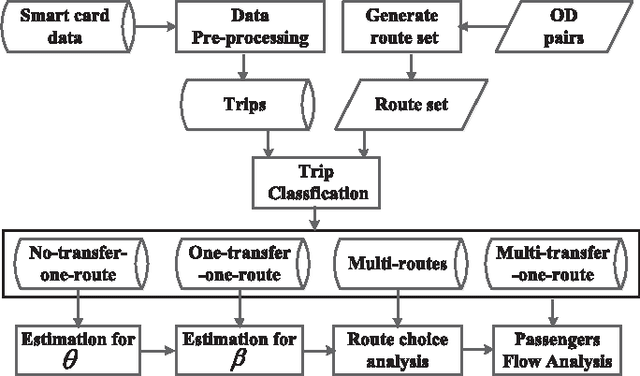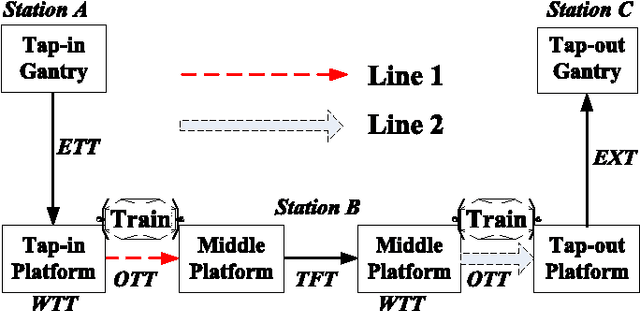Lai Tu
MFRS: A Multi-Frequency Reference Series Approach to Scalable and Accurate Time-Series Forecasting
Mar 11, 2025



Abstract:Multivariate time-series forecasting holds immense value across diverse applications, requiring methods to effectively capture complex temporal and inter-variable dynamics. A key challenge lies in uncovering the intrinsic patterns that govern predictability, beyond conventional designs, focusing on network architectures to explore latent relationships or temporal dependencies. Inspired by signal decomposition, this paper posits that time series predictability is derived from periodic characteristics at different frequencies. Consequently, we propose a novel time series forecasting method based on multi-frequency reference series correlation analysis. Through spectral analysis on long-term training data, we identify dominant spectral components and their harmonics to design base-pattern reference series. Unlike signal decomposition, which represents the original series as a linear combination of basis signals, our method uses a transformer model to compute cross-attention between the original series and reference series, capturing essential features for forecasting. Experiments on major open and synthetic datasets show state-of-the-art performance. Furthermore, by focusing on attention with a small number of reference series rather than pairwise variable attention, our method ensures scalability and broad applicability. The source code is available at: https://github.com/yuliang555/MFRS
Estimation of Passenger Route Choice Pattern Using Smart Card Data for Complex Metro Systems
Apr 19, 2016



Abstract:Nowadays, metro systems play an important role in meeting the urban transportation demand in large cities. The understanding of passenger route choice is critical for public transit management. The wide deployment of Automated Fare Collection(AFC) systems opens up a new opportunity. However, only each trip's tap-in and tap-out timestamp and stations can be directly obtained from AFC system records; the train and route chosen by a passenger are unknown, which are necessary to solve our problem. While existing methods work well in some specific situations, they don't work for complicated situations. In this paper, we propose a solution that needs no additional equipment or human involvement than the AFC systems. We develop a probabilistic model that can estimate from empirical analysis how the passenger flows are dispatched to different routes and trains. We validate our approach using a large scale data set collected from the Shenzhen metro system. The measured results provide us with useful inputs when building the passenger path choice model.
 Add to Chrome
Add to Chrome Add to Firefox
Add to Firefox Add to Edge
Add to Edge